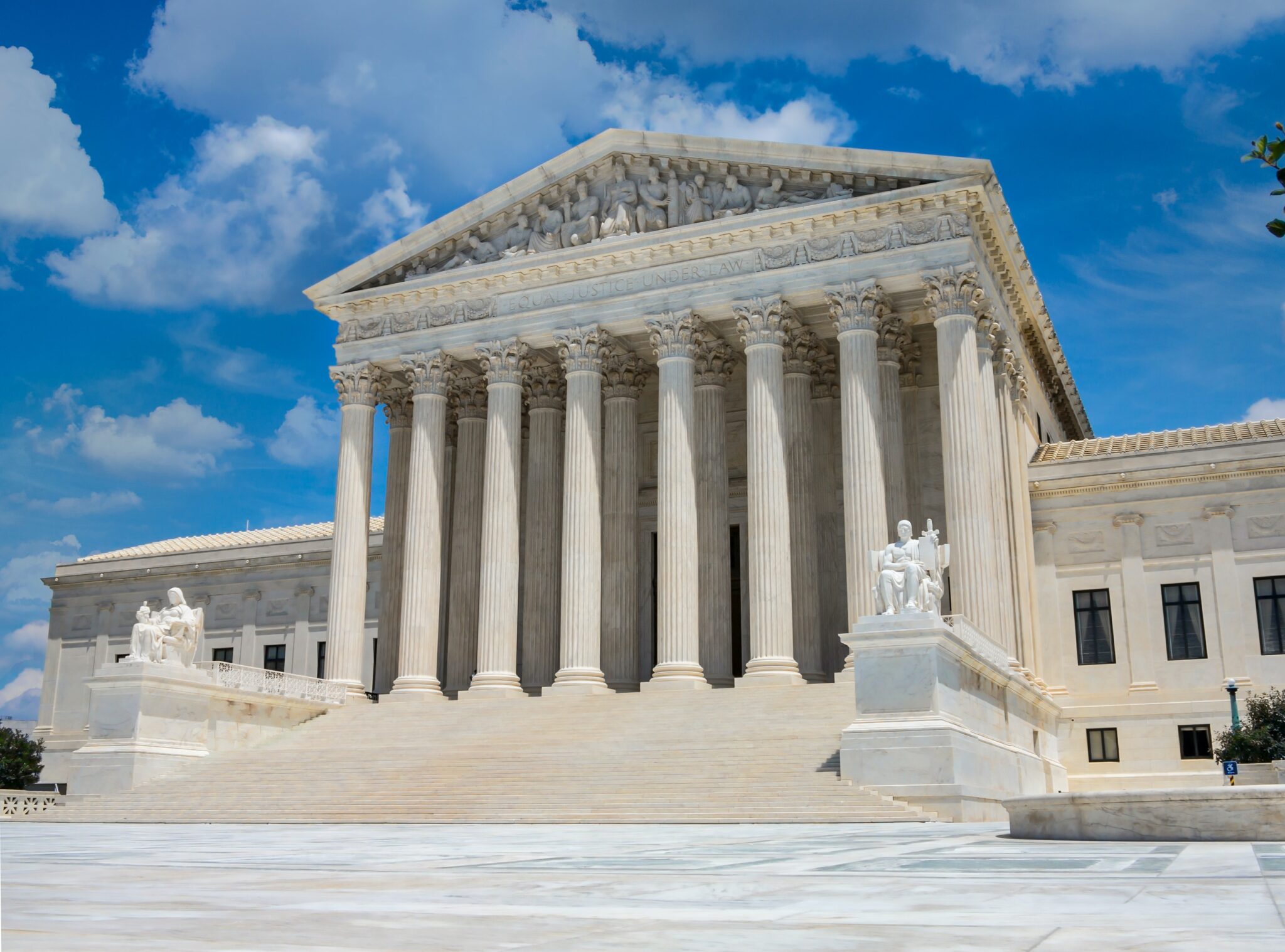
Sophia is a student at Harvard Law School and a member of the Labor and Employment Lab.
In today’s news and commentary, Governor Jared Polis directs Colorado’s labor agency to share information with ICE; and the Supreme Court issues two unanimous rulings including exempting a Catholic charity from paying unemployment compensation taxes and striking down the heightened standard for plaintiffs belonging to a majority group to prove a Title VII employment discrimination claim.
Scott Moss, the Director of the Division of Labor Standards and Statistics at the Colorado Department of Labor and Employment, filed a lawsuit against Colorado Governor Jared Polis for ordering state employees to provide U.S. Immigration and Customs Enforcement (ICE) with personally identifying information of Coloradans who have previously used state services. Moss claims that Governor Polis repeatedly assured Coloradans that they could use state services such as reporting workplace violations and claiming labor rights without fear of their personal information being shared with ICE. These assurances were codified in state law on several occasions including labor standard rules issued by the Polis administration in 2019, and legislation that Governor Polis signed into law in 2021 and 2025. Moss seeks a declaratory judgment and an immediate injunction, arguing that compliance with the Governor’s directive would force Moss and other state employees to violate the State’s ban on disclosing personal information to federal immigration enforcement, and thus risk incurring fines of up to $50,000 per violation.
At issue in Catholic Charities Bureau, Inc. v. Wisconsin Labor and Industry Review Commission was Wisconsin Statute § 108.02(15) – the nation’s first unemployment compensation statute. The law mandated that all employers – public, private, and nonprofit alike – pay into the state’s unemployment system. However, the “religious purposes” exemption relieves organizations that “operate[] primarily for religious purposes” of their obligation to pay. Wisconsin argued that it had a compelling interest in ensuring unemployment coverage for its residents and in avoiding potential future controversy arising over whether employees tasked with inculcating religious doctrine satisfactorily complied with the relevant faith’s tenets. The Court found that Wisconsin’s refusal to grant the religious exemption to the Catholic Charities violated the First Amendment’s mandate that the government remain neutral when dealing with different religions. Critics of the Court’s decision argue that this case will enable more organizations to claim a religious motive to circumvent worker protections.
Lastly, the Supreme Court decided a case involving Marlean Ames, a heterosexual woman employed at the Ohio Department of Youth Services, who brought suit against the agency under Title VII, alleging that she was denied a work promotion and was later demoted because of her sexual orientation. At issue in Ames v. Ohio Dept. of Youth Services was whether the Sixth Circuit’s “background circumstances” rule was constitutional. Prior to the Court’s decision, about half of the nation’s circuit courts imposed a higher burden on men, white people, and other members of a majority group seeking to raise a Title VII employment discrimination claim. However, the Court unanimously struck down this requirement that members of a majority group show “background circumstances to support the suspicion that the defendant is that unusual employer who discriminates against the majority.”






Daily News & Commentary
Start your day with our roundup of the latest labor developments. See all
February 4
Lawsuit challenges Trump Gold Card; insurance coverage of fertility services; moratorium on layoffs for federal workers extended
February 3
In today’s news and commentary, Bloomberg reports on a drop in unionization, Starbucks challenges an NLRB ruling, and a federal judge blocks DHS termination of protections for Haitian migrants. Volatile economic conditions and a shifting political climate drove new union membership sharply lower in 2025, according to a Bloomberg Law report analyzing trends in labor […]
February 2
Amazon announces layoffs; Trump picks BLS commissioner; DOL authorizes supplemental H-2B visas.
February 1
The moratorium blocking the Trump Administration from implementing Reductions in Force (RIFs) against federal workers expires, and workers throughout the country protest to defund ICE.
January 30
Multiple unions endorse a national general strike, and tech companies spend millions on ad campaigns for data centers.
January 29
Texas pauses H-1B hiring; NLRB General Counsel announces new procedures and priorities; Fourth Circuit rejects a teacher's challenge to pronoun policies.